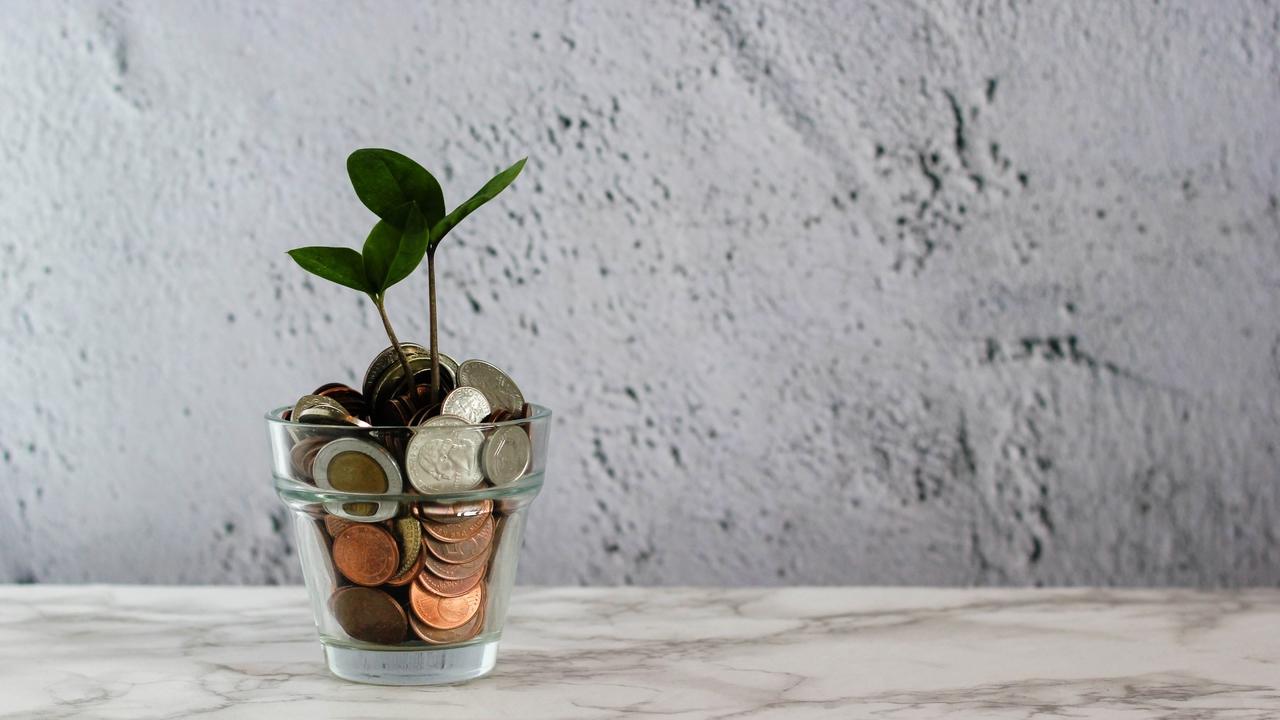Episode 043: Developing a Living Systems Economy with Delton Chen
Jun 30, 2020
Hello there! We're glad to have you back for another episode of the Seeds of Tao Podcast, this week we have the brilliant Delton Chen with us, tackling a HUGE issue in the world, the economy. Before we dive into what exactly Delton is proposing, and the value of his hypothesis, we wanted to be sure to reach out to our permaculture community to let them know that Delton's Silver Gun Hypothesis is in need of some passionate permies to help them move their vision forward...
1. Living Systems Economy
James McGreen (USA): [email protected]

The Economic Issue
At Seeds of Tao, we talk to a lot of permies. Most of them that we talk to are focused on community empowerment, or land rehabilitation, or various focused areas to apply permaculture within the current operational systems. But every once in a while we meet someone who's genuinely trying to re-write these bigger systems that most shy away from addressing. Delton is one of these inspirational permies. He saw a problem with the current economic system, looked to nature for a solution and is integrating that knowledge into an alternative system that could genuinely change the way humanity treats the earth and each other.
Everyone is involved in the economy, and yet we often times feel like it's this constant giant humming in the background, and we just need to work within the rules that it proposes. And yet, as Delton mentions in the podcast, we CANNOT continue in this same economy, AND deal with the risk of climate safety. There is no possibility for a system, which rewards those exploiting resources and ruining ecosystems, to be able to provide the healing the earth needs. Delton uses the term, "macroscopic irreversibility" to address this economic system. It's inherently destructive in nature.
On the flip side, he's proposing a global economic solution to reward the ecologically responsible, and punish those frivolously creating carbon. It's a radical and unheard of idea, and yet it's exactly what this planet needs.

The People vs. the System
However, this new idea will be dead in the water if mankind doesn't spark a cultural shift within itself. We CANNOT support a new system like this if we continue in our consumerist ways. Consumerism is totally incompatible with sustainability, or a step further, with regenerative living. It's like Delton explained in the podcast about the partnership between photosynthesis and respiration as the inspiration for this economic model, there needs to be a give and take with every great system. Consumerism is a take-only situation, and we don't even see the far-reaching effects it really has.
But cultural shifts don't happen overnight. Luckily in the past few decades our affect on the environment has become more apparent to the masses, we can only hope that culture can continue to swing around and place more value on our world and each other, rather than on the latest iPhone. While it may be daunting to tackle the world's mindset change, if we all inspire our communities towards this shift, it will light fires in the minds of people that will continue to spread until it covers the globe.

Using the Pattern Everywhere
One thing I really love about this idea of "macroscopic irreversibility" is that we can analyze all of our environments in relation to it. Delton has taken a close look at the global economy to see it's state, and we can do the same on a smaller scale. Is our culture macroscopically irreversible, or is it regenerative? Is our community? Is our lifestyle?
It begs the argument that we need to look around ourselves with greater consciousness and insight, to see the systems that may be detrimental, and yet are so ingrained into our lives that they're nearly invisible. I hope this episode and blog post has inspired you to analyze where you're at and what you can do to be a part of creating a better world with all the other permies fighting to spark change.
Keep Growing!
